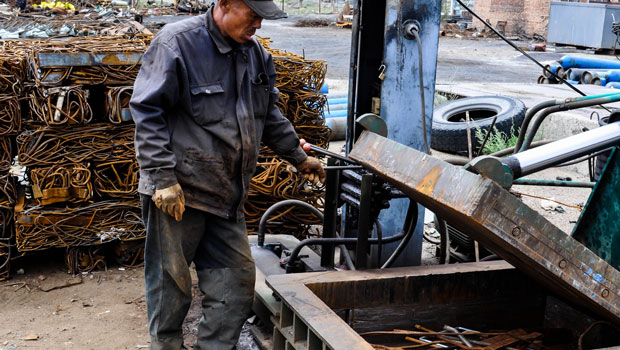Factory activity in China shrank again for the fourth straight month in January as the world's second-largest economy continues to struggle.
The Manufacturing Purchasing Managers Index rose slightly to 49.2 in January from 49 in December, the Office for National Statistics said on Wednesday.
The official non-manufacturing industry manager's index in January was 50.7, up from 50.4 in the previous month, as strong performance in the service sector offset weakness in the construction industry due to the real estate crisis.
A PMI reading above 50 indicates expansion; a reading below 50 indicates contraction.
The country's central bank last week unexpectedly announced a reduction in the amount of liquidity banks are required to hold in reserves in an attempt to provide some stimulus to accelerate economic growth.
Lin Song, Chief Economist at ING China, said: “Overall, PMI data shows that China's economy remains relatively weak, and confidence remains weak. Positive indicators such as new orders return to expansion. Until then, economic momentum is likely to remain sluggish.”
“Employment continues to contract in both manufacturing and non-manufacturing surveys, indicating that the job market remains weak, which will continue to be a headwind to consumption.”
“While a number of piecemeal support policies targeted at specific sectors have been announced in the past few months and have contributed to some degree of stabilization of growth, markets are expected to enter the second session with expectations for a larger policy package. “We're keeping an eye on it. A 50bp policy that's better than expected.”Last week's RRR cut could be seen as a sign of more significant supportive policy to come. ”
Report by Frank Prenesti of Sharecast.com

